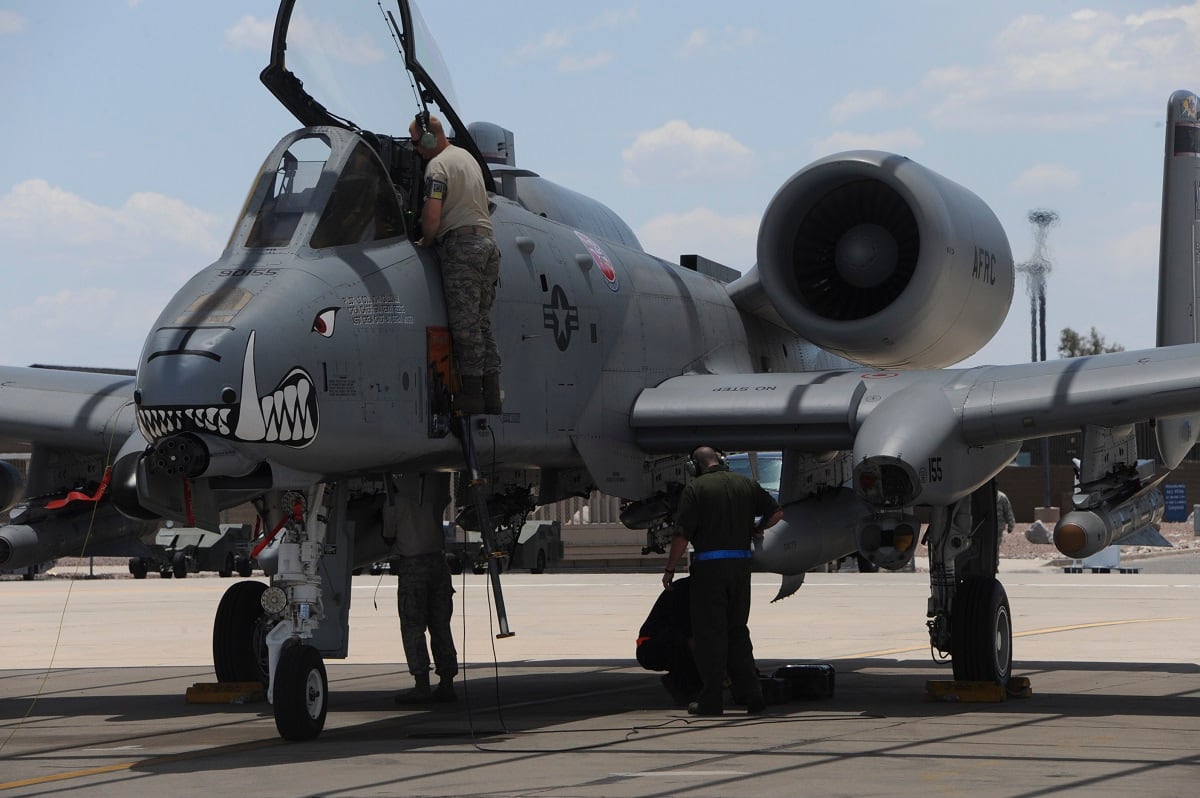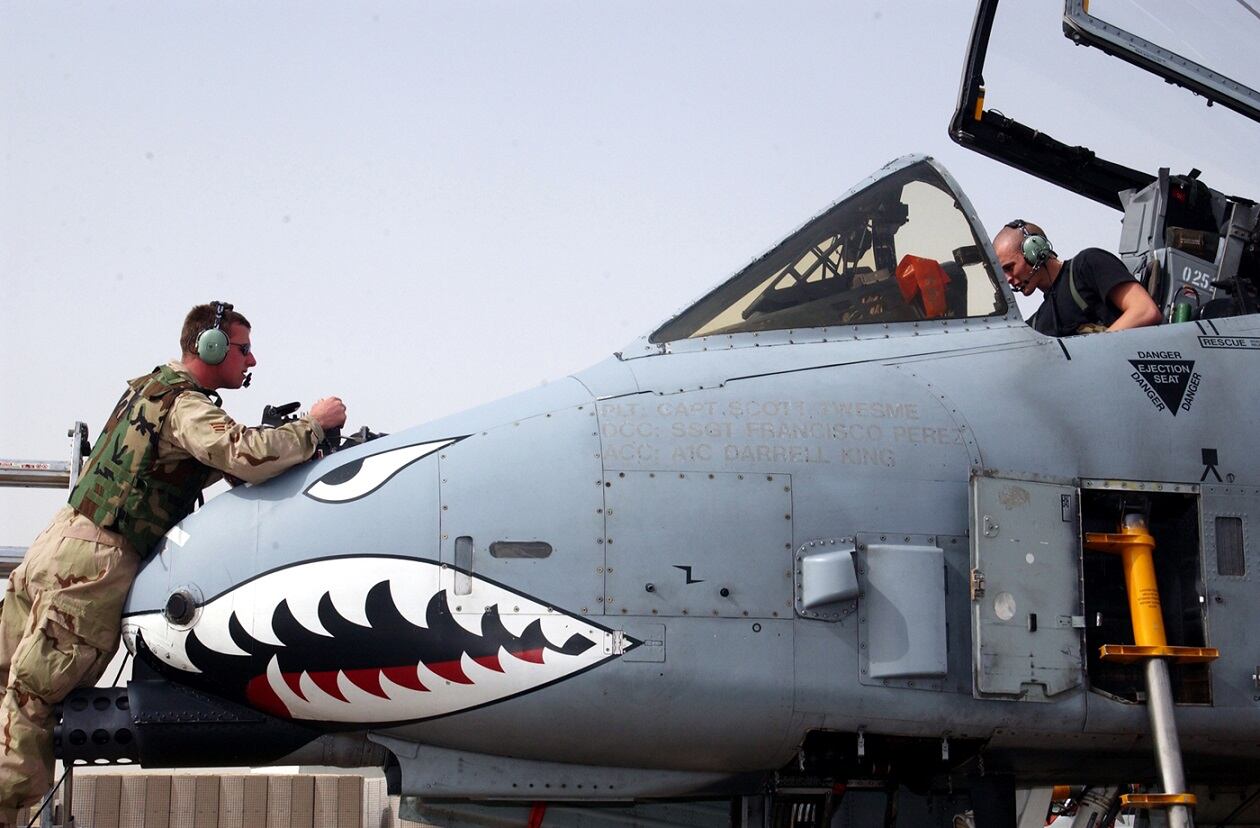The Air Force has assembled a team to look into the rash of hypoxia and other alarming physiological events endangering the safety of pilots.
Brig. Gen. Bobbi Jo Doorenbos will head the Unexplained Physiologic Events Integration Team, the Air Force said in a release Monday. The panel will try to find ways to eliminate those events or minimize their impact, the Air Force said.
“As part of the integrated effort to address physiological events, the Air Force is providing more resources to understand UPEs, standardize response actions to such events and assess options for more robust aircrew training to recognize and respond to these events,” Doorenbos said in the release. “Our ultimate goal is to prevent UPEs.”
Hypoxia is is a condition in which the body is deprived of adequate oxygen at the tissue level. Other unexplained events include hypocapnia and hypercapnia (abnormally low and high levels of carbon dioxide in the blood, respectively), and disorientation, the Air Force said. All these occurrences can hinder pilots’ ability to fly safely and effectively.
RELATED

A variety of aircraft have had problems with hypoxia and other physiological events in recent years. In November, Davis-Monthan Air Base in Arizona grounded 28 A-10 Warthogs after two pilots experienced hypoxia-like symptoms.
Vance Air Force Base also grounded its fleet of T-6A Texan training aircraft for several weeks beginning in November after five pilots experienced hypoxia-like symptoms.
Some pilots have also reported hypoxia-like symptoms in the F-22 and F-35.
The Navy, too, has had its share of hypoxia-related incidents.
The Air Force said such events are historically low, and that less than 1 percent of pilots will have a problem with them each year. But heightened awareness of the problems have led more aircrew to report such symptoms, the Air Force said.
“Maximizing the performance of combat aircraft carries inherent risk, but it is our solemn duty as a service to provide the best equipment and training for our airmen to ensure their safety is never compromised,” said Lt. Gen. Chris Nowland, the Air Force’s deputy chief of staff for operations, who set up the team. “The Air Force takes UPEs very seriously. Results from investigations into these events are shared between Air Force organizations, other military services and industry partners.”
Stephen Losey is the air warfare reporter for Defense News. He previously covered leadership and personnel issues at Air Force Times, and the Pentagon, special operations and air warfare at Military.com. He has traveled to the Middle East to cover U.S. Air Force operations.





